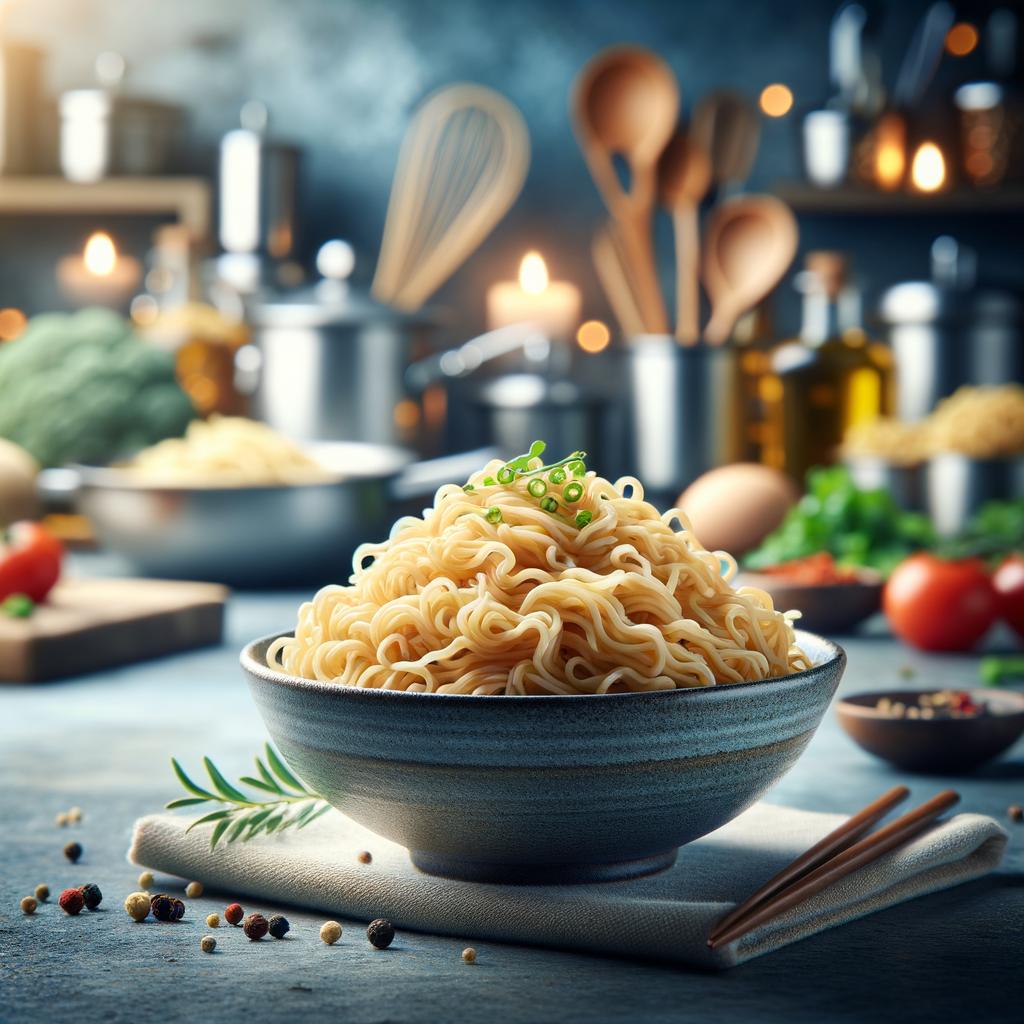Noodles

Description
Noodles, a staple in many global cuisines, are an incredibly versatile ingredient. They come in various shapes and sizes, from the thin, delicate strands of angel hair pasta to the broad, flat sheets of lasagna. Their texture can range from silky and smooth to chewy and robust, depending on the type and preparation. The flavor profile is typically mild and neutral, making noodles an excellent canvas for a myriad of sauces, broths, and toppings. What sets noodles apart from other similar ingredients is their incredible adaptability. They can be made from a wide variety of grains and starches, including wheat, rice, and potatoes, and can be tailored to suit dietary preferences and restrictions.
Primary Uses
Noodles serve as the backbone of countless dishes across various cuisines. In Italian cooking, they are the star of dishes like spaghetti bolognese and fettuccine alfredo. In Asian cuisines, noodles are often stir-fried or served in a comforting bowl of ramen or pho. They can be baked, boiled, fried, or even served cold, showcasing their incredible flexibility. Beyond the culinary world, noodles also hold cultural significance. For instance, in Chinese tradition, long noodles symbolize longevity and are often served at birthday celebrations.
History
The history of noodles is as long and intertwined as the strands themselves. While the exact origin is debated, the earliest written record of noodles dates back to the Han dynasty in China around 200 AD. From there, the love for noodles spread across the Silk Road to the Middle East and Europe, where they evolved into the pasta we know today. Noodles have also been steeped in folklore and tradition. In Japan, it's believed that slurping your noodles enhances the flavors and is a sign of appreciation to the chef.
Nutritional Information
Noodles offer a host of nutritional benefits, primarily dependent on the type of grain or starch used. Whole grain noodles, for instance, are a good source of dietary fiber and B vitamins. They also provide essential minerals like iron, magnesium, and selenium. Rice noodles are gluten-free, making them a suitable choice for those with gluten intolerances. However, like any food, moderation is key. Noodles can be high in carbohydrates and low in protein, so it's beneficial to pair them with protein-rich foods and plenty of vegetables. Compared to other starch-based foods like bread or rice, noodles can offer a more satisfying and texture-rich alternative.

